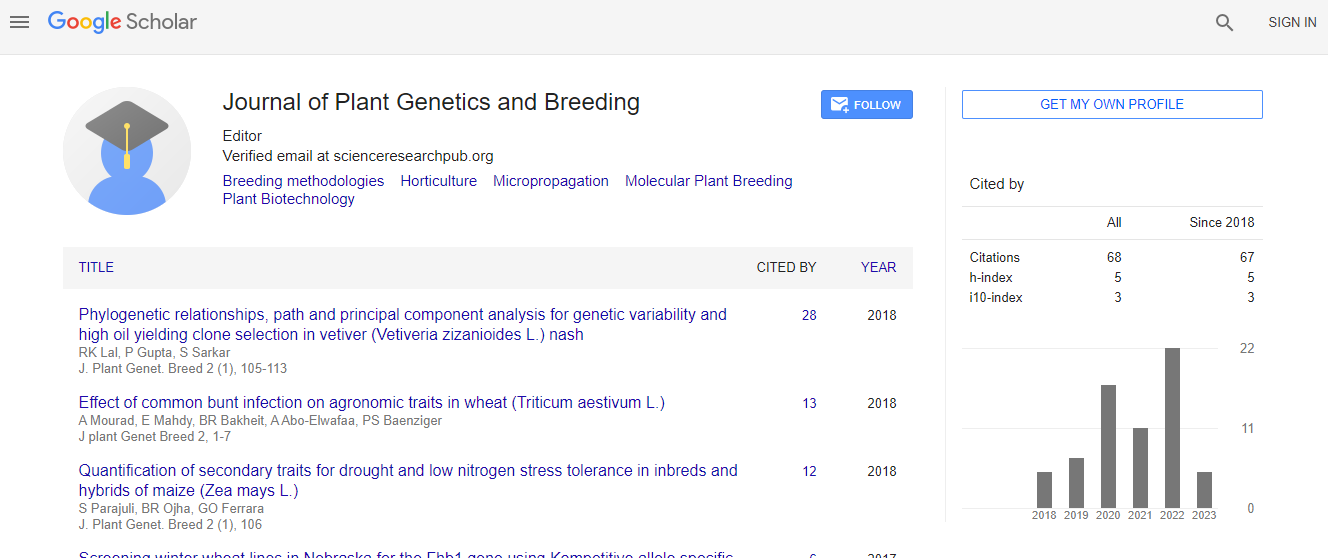Using of beneficial soil microrganisms to improve the seed yield and quality of Phaseolus vulgaris in a reduced fertilization condition
*Corresponding Author:
Copyright: © 2020 . This is an open-access article distributed under the terms of the Creative Commons Attribution License, which permits unrestricted use, distribution, and reproduction in any medium, provided the original author and source are credited.
Abstract
Phaseolus vulgaris is a legume able to form symbiotic associations both with arbuscular mycorrhizal fungi (AMF) and Rhizobium bacteria. Phaseolus vulgaris cv. Billò is an important and valuable crop widely cultivated in North-Western Italy. AMF is known to improve plant nutrition, in particular phosphorus and nitrogen acquisition, and hence seed quality. Rhizobium leguminosarum is a gram-negative bacterium, a symbiont of various species of Fabaceae that is able to fix atmospheric nitrogen. The aim of this work was to check, in field conditions, the possibility to improve bean seed yield and quality by means of inoculation with AMF and/or rhizobia under conditions of low fertilization. First fifteen different Rhizobium strains were isolated from root nodules or soil and characterized by molecular and biochemical traits. One of these strain was selected and used with AMF for a field trial. At harvesting, root nodulation and mycorrhizal colonization were assessed and seed quality parameters were evaluated. Yield parameters and fibre content were not influenced by microorganism inoculation nor by the reduced fertilization, whilst protein concentration was higher in the seeds of Rhizobium-inoculated plants in combination or not with AMF. Starch concentration increased in the seeds of plants inoculated with rhizobia alone. Mg, K and Zn concentrations were positively affected by AMF, while Mn concentration was higher in the presence of Rhizobia. In conclusion, an environment-friendly practice like low chemical fertilization can be associated with inoculation with soil microorganisms in order to improve bean seed quality.

 Spanish
Spanish  Chinese
Chinese  Russian
Russian  German
German  French
French  Japanese
Japanese  Portuguese
Portuguese  Hindi
Hindi 